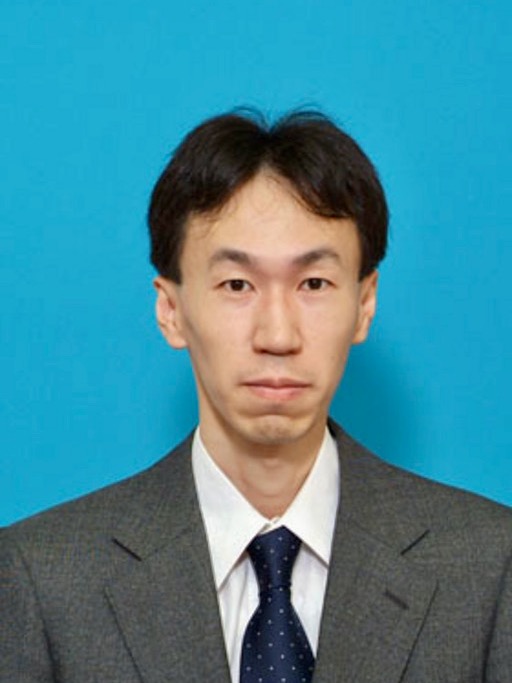Koutarou Suzuki
Toyohashi University of Technology

Ring Signature and Distributed Cryptography
Abstract
A ring signature is a kind of anonymous signature that convinces a verifier that a document is signed by one of n independent users of an ad hoc group called “ring” without allowing the verifier to identify which user was the signer. Comparing with a group signature, that is another kind of anonymous signature which requires a group manager who manages group users and can revoke the identity of the signer in case of emergency, the ring signature requires no manager and no setup process. So, the ring signature is suitable for decentralized distributed environment and is used for anonymous crypto-currency, e.g., Monero. In this talk, we first overview the distributed cryptographic techniques including secret sharing, secure multi-party computation, and distributed cryptography. Then we review the ring signature and its extensions including threshold ring signature and traceable ring signature. Finally, we review an application of ring signature to an anonymous crypto-currency and a standardization of ring signature in ISO/IEC.
Keywords: ring signature, distributed cryptography, secret sharing, secure multi-party computation.
About the speaker
Koutarou Suzuki received the B.S., M.S., and Ph.D. degrees from the University of Tokyo in 1994, 1996, and 1999, respectively. He was with NTT Laboratories from 1999 to 2018. He is a professor of Department of Computer Science and Engineering of Toyohashi University of Technology from 2018. He is a member of IEICE (Institute of Electronics, Information and Communication Engineers), IPSJ (Information Processing Society of Japan), and IACR (International Association for Cryptologic Research). He is a member of JISC (Japanese Industrial Standards Committee). He is an expert of ISO/IEC JTC1 SC27 WG2 and an editor of ISO/IEC 19592-2 (Secret sharing Part 2: Fundamental mechanisms) and ISO/IEC 20008-3 (Anonymous digital signatures Part 3: Mechanisms using multiple public keys). He received the SCIS (Symposium on Cryptography and Information Security) Paper Award in 2002. He received the Certificate of Appreciation for Society Editorial Activities and the Society Contribution Award from IEICE in 2010 and 2016. He received the International Standards Development Award and the Standardization Contribution Award from ITSCJ (Information Technology Standards Commission of Japan) in 2018 and 2023. He received the Public Key Cryptography (PKC2024) Test of Time Award from IACR in 2024.
